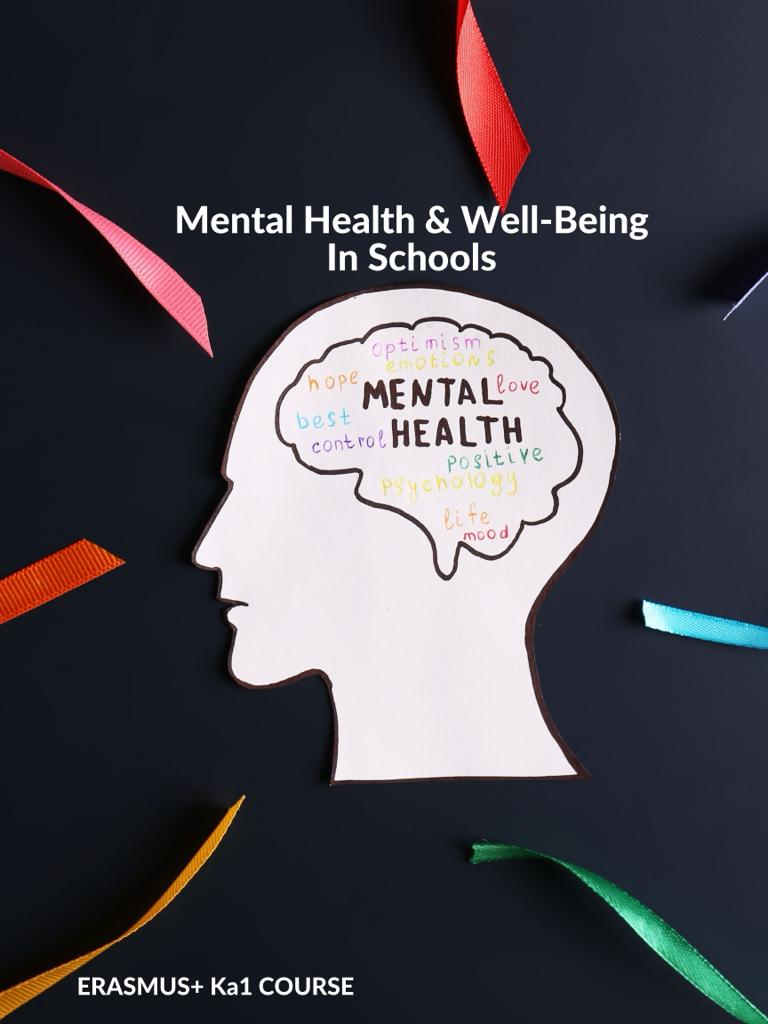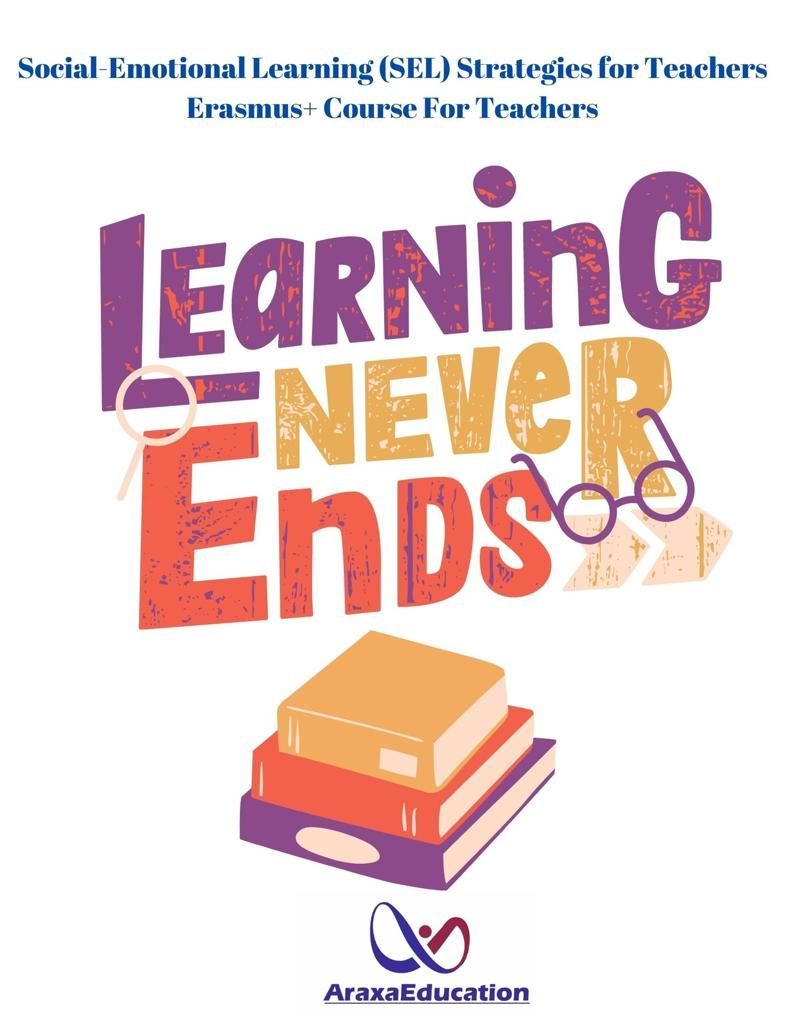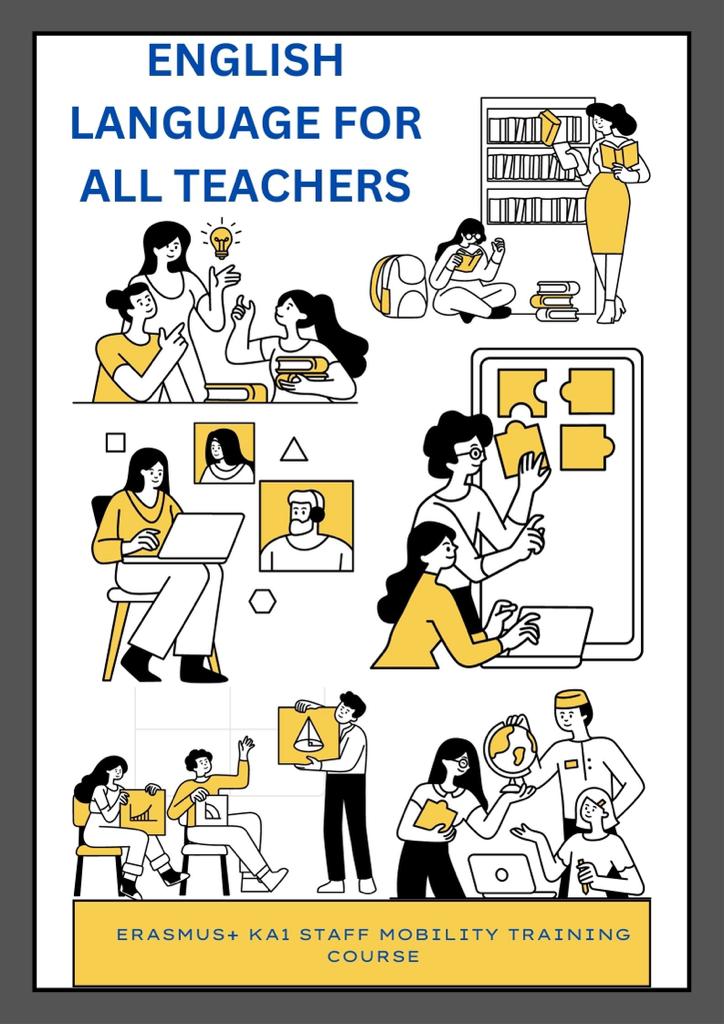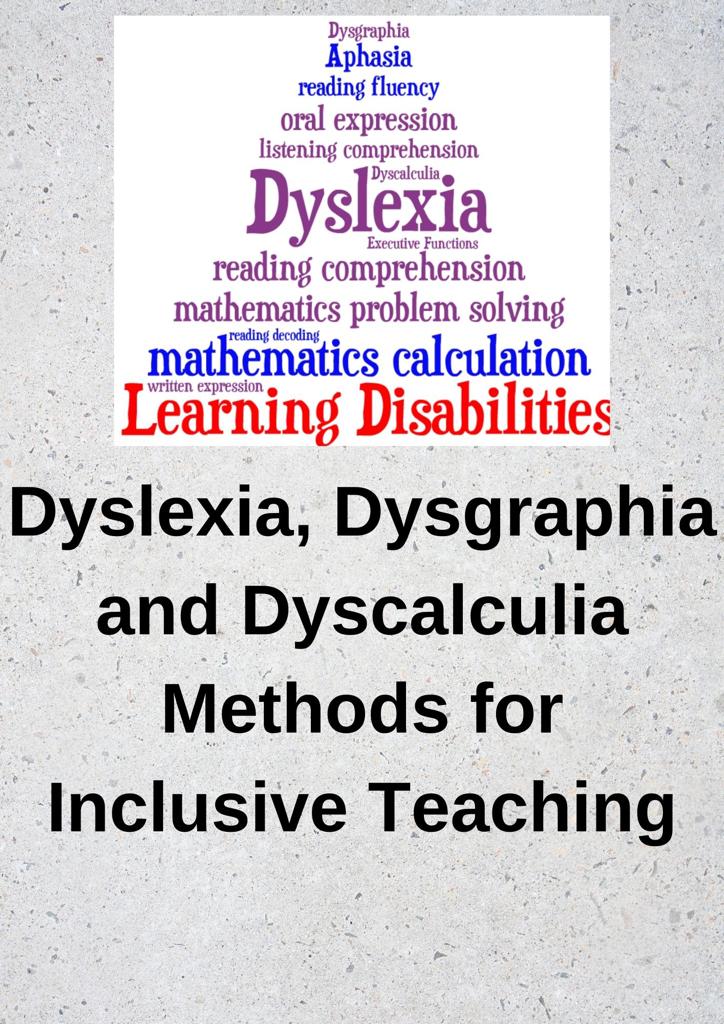| Course Description | This course is designed to provide teachers with the knowledge and skills necessary to promote online safety and prevent cyberbullying in their classrooms. Through interactive and engaging sessions, participants will learn about the risks associated with online activities and explore ways to support students in staying safe online.
The course will cover topics such as digital citizenship, social media, online privacy, and cyberbullying. Participants will learn how to identify and respond to cyberbullying incidents and how to create a safe and respectful online environment for their students. They will also explore strategies for promoting positive online behavior and building digital literacy skills. Through a combination of lectures, group discussions, case studies, and practical activities, participants will develop an understanding of best practices for promoting online safety and preventing cyberbullying. By the end of the course, participants will have the skills and confidence to address online safety and cyberbullying issues in their classrooms and support their students in becoming responsible digital citizens. |
| Methodologies Of The Course | The course will use a variety of methodologies to facilitate learning and engagement. These include interactive lectures, group discussions, case studies, role-playing, and hands-on activities. The course will also leverage digital tools and online resources to enhance learning and provide a safe and supportive environment for participants.
The methodologies used will be designed to promote active learning, critical thinking, and problem-solving skills. The course will encourage participants to share their experiences and perspectives and to learn from one another. Additionally, the course will focus on practical strategies and best practices that teachers can implement in their classrooms to promote online safety and prevent cyberbullying. Throughout the course, there will be opportunities for self-reflection and self-assessment, allowing participants to evaluate their own practices and identify areas for improvement. The course will be facilitated by experienced instructors who will provide guidance, support, and feedback to participants throughout the learning process. |
| Learning Outcomes | 1. Understand the risks associated with online activities and the importance of promoting online safety in their classrooms.
2. Develop an understanding of digital citizenship and the role of teachers in promoting responsible digital behavior. 3. Identify and respond to cyberbullying incidents effectively and create a safe and respectful online environment for their students. 4. Explore strategies for promoting positive online behavior and building digital literacy skills. 5. Implement practical strategies and best practices in their classrooms to promote online safety and prevent cyberbullying. 6. Evaluate their own practices and identify areas for improvement in promoting online safety and preventing cyberbullying. 7. Collaborate with colleagues and parents to create a safe and supportive online environment for their students. 8. Build confidence in addressing online safety and cyberbullying issues in their classrooms and support their students in becoming responsible digital citizens. |
| Objectives | 1. Equip teachers with the knowledge and skills necessary to promote online safety and prevent cyberbullying in their classrooms.
2. Provide an understanding of the risks associated with online activities and the importance of promoting online safety. 3. Develop an understanding of digital citizenship and the role of teachers in promoting responsible digital behavior. 4. Identify and respond to cyberbullying incidents effectively and create a safe and respectful online environment for students. 5. Explore strategies for promoting positive online behavior and building digital literacy skills. 6. Implement practical strategies and best practices in classrooms to promote online safety and prevent cyberbullying. 7. Facilitate self-reflection and self-assessment to evaluate personal practices and identify areas for improvement. 8. Foster collaboration with colleagues and parents to create a safe and supportive online environment for students. 9. Build confidence in addressing online safety and cyberbullying issues in classrooms and supporting students in becoming responsible digital citizens. 10. Leverage digital tools and online resources to enhance learning and provide a safe and supportive environment for participants. |
| Language of Communication | English |
| Duration | 5 Days |
| Type of Certification Awarded |
|
| Online Meeting Program | Room for improvement – what the needs of your institution are, what you need to learn: adjusting course learning outcomes and activities as needed |
| Day 1: Understanding Online Safety and Digital Citizenship |
|
| Day 2: Online Privacy and Social Media |
|
| Day 3: Cyberbullying and Responding to Incidents |
|
| Day 4: Promoting Positive Online Behavior and Building Digital Literacy Skills |
|
| Day 5: Implementing Best Practices and Evaluating Personal Practices |
|
| Course Fee | The course fee is 80 euros per participant per day.
This fee does not cover some expenses like accommodation or travel etc. Costs covering enrolment fees for staff mobility format ‘Courses and training’. ( Source: Erasmus+ Program Guide) |
You can also make requests for different dates and locations when filling out the pre-registration form, aside from the planned program.
|
PLANNED |
Zagreb, Croatia
1. May 06-10, 2024 2. June 17-21, 2024
Budapest, Hungary 1. May 13-17, 2024 2. July 22-26, 2024
İstanbul, Türkiye 1. May 20-24, 2024 2. August 26-30, 2024
Alanya, Türkiye 1. May 27-31, 2024 2. September 30-October 04, 2024
Antalya, Türkiye 1. June 03-07, 2024 2. November 04-08, 2024
Prague, Czech Republic 1. June 10-14, 2024 2. December 02-06, 2024
Rome, Italy 1. June 17-21, 2024 2. January 06-10, 2025
Paris, France 1. June 24-28, 2024 2. January 13-17, 2025
Barcelona, Spain 1. July 01-05, 2024 2. February 10-14, 2025
Thessaloniki, Greece 1. July 08-12, 2024 2. March 17-21, 2025
Lisbon, Portugal 1. July 15-19, 2024 2. April 21-25, 2025
|





















